Prompt:
Provide three steps a university instructor could take to improve student learning through the use of experiential or applied learning methods.
Personal GPT Response Based on My Dissertation:
Incorporating experiential or applied learning methods in a university setting can significantly enhance student learning. Drawing from the principles of experiential learning theory, especially as outlined in the document "Experiential Learning in Teams" by Kolb et al. (2005), here are three steps a university instructor could take:
1. Design Real-World Projects or Simulations: Develop assignments that mimic real-world challenges relevant to the course subject. For example, in a business course, students could be tasked with creating a business plan for a hypothetical start-up, conducting market research, and presenting their findings. This approach aligns with the experiential learning model by Kolb et al. (2005), which emphasizes learning through concrete experience and active experimentation. Students engage with the material actively and contextually, rather than just theoretically.
2. Facilitate Reflective Discussions and Feedback: After completing practical projects or simulations, conduct structured reflection sessions where students discuss their experiences, challenges faced, and lessons learned. This step is crucial for transforming concrete experiences into meaningful knowledge, as highlighted in Kolb et al.'s work (2005). Encouraging students to reflect on their experiences and provide peer feedback helps them to develop critical thinking and analytical skills. It also mirrors the reflective observation stage of Kolb's experiential learning cycle, enhancing their ability to absorb and contextualize their experiences.
3. Incorporate Diverse Team-Based Learning: Arrange students into diverse teams for certain projects or activities. This approach facilitates learning from different perspectives and capitalizes on varied strengths and learning styles within the group, as indicated in the Kolb et al. (2005) study. By working in teams, students can learn to negotiate, collaborate, and integrate diverse viewpoints. The instructor should guide these teams through structured learning experiences, as teamwork and collaboration are key components of experiential learning. This method aligns with the emphasis on team development and the learning cycle modes outlined in the experiential learning model.
These steps not only align with the principles of experiential learning theory but also address different stages of Kolb’s learning cycle, such as concrete experience, reflective observation, abstract conceptualization, and active experimentation, thus providing a holistic learning experience.

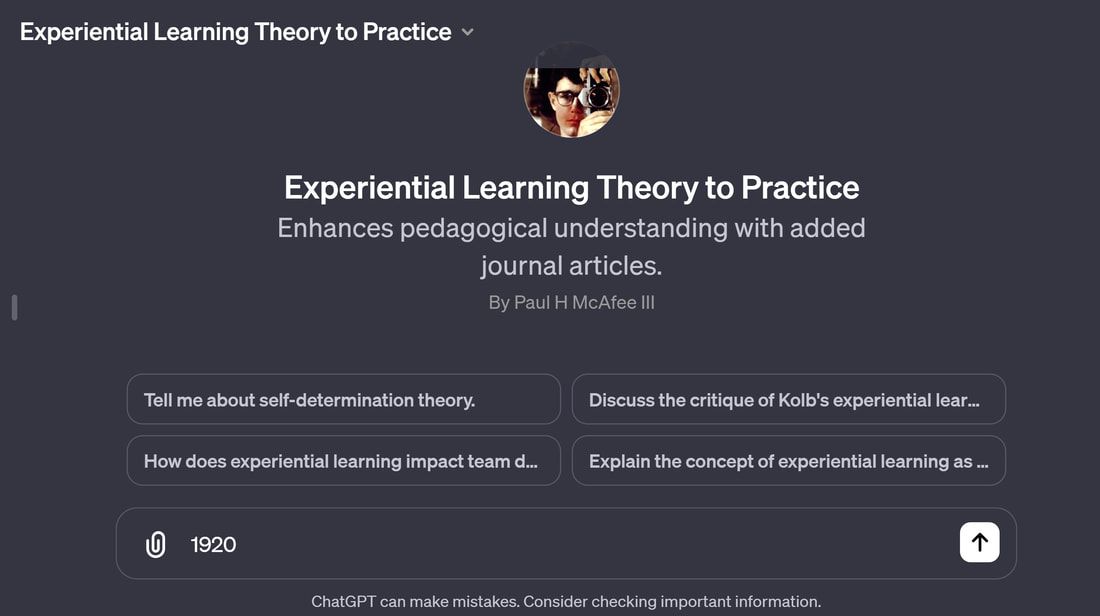
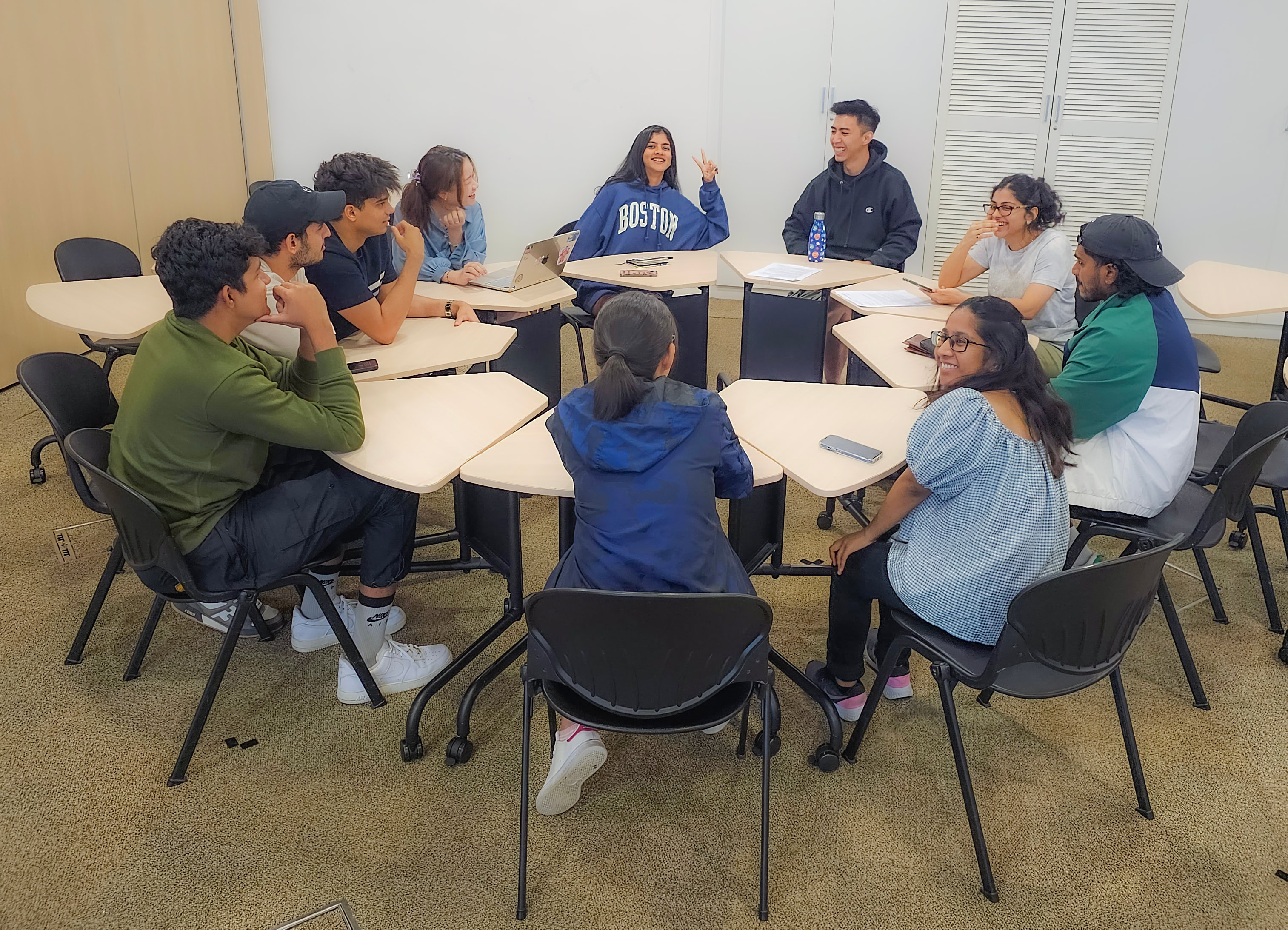
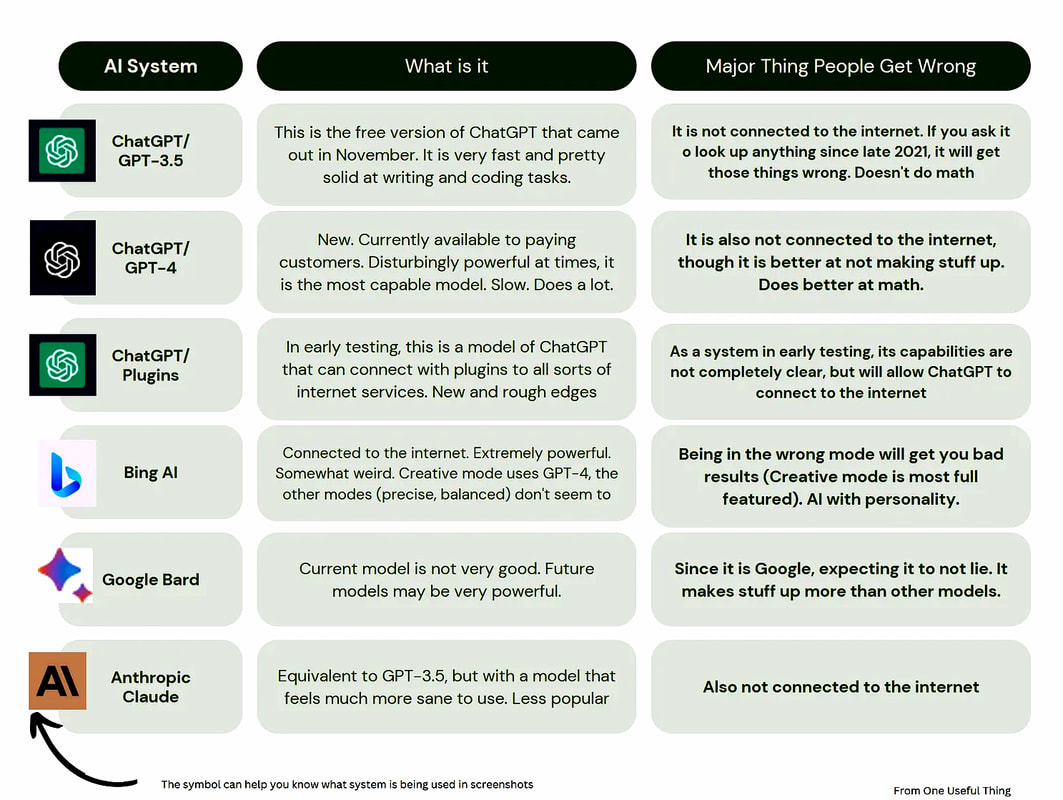

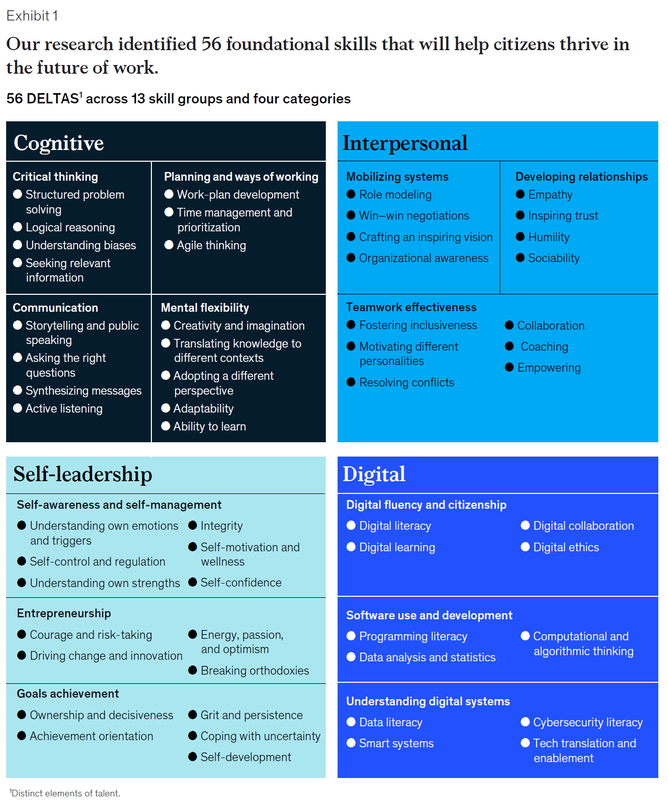
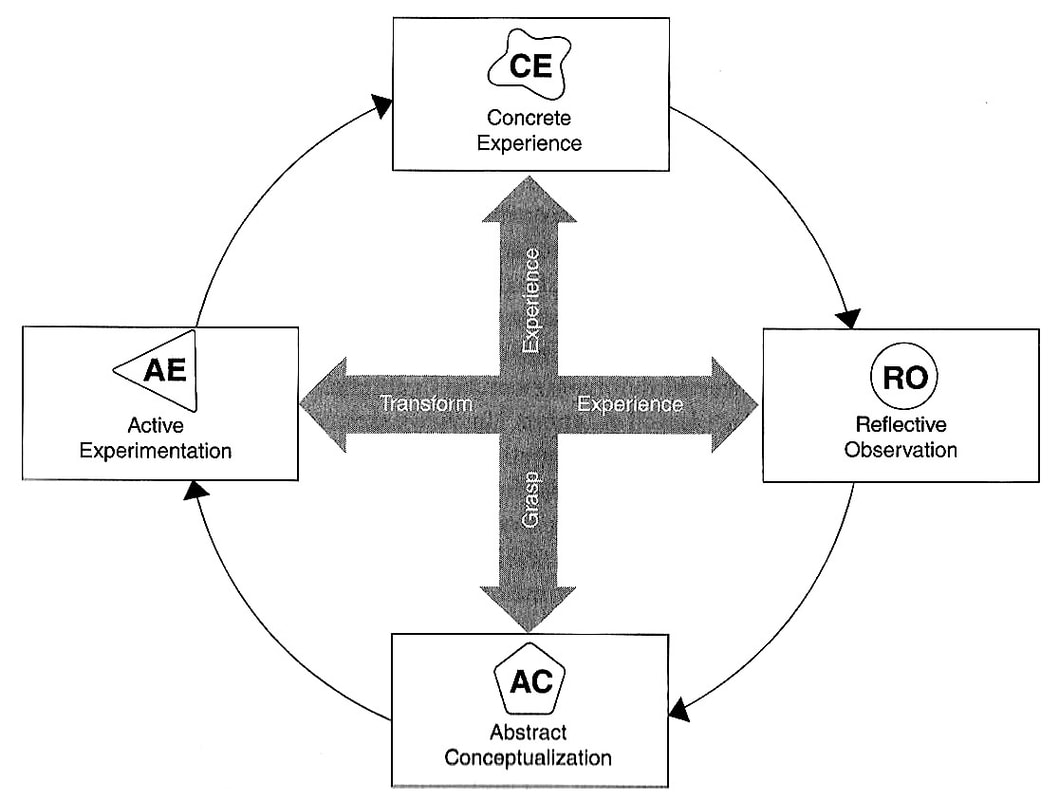




 RSS Feed
RSS Feed